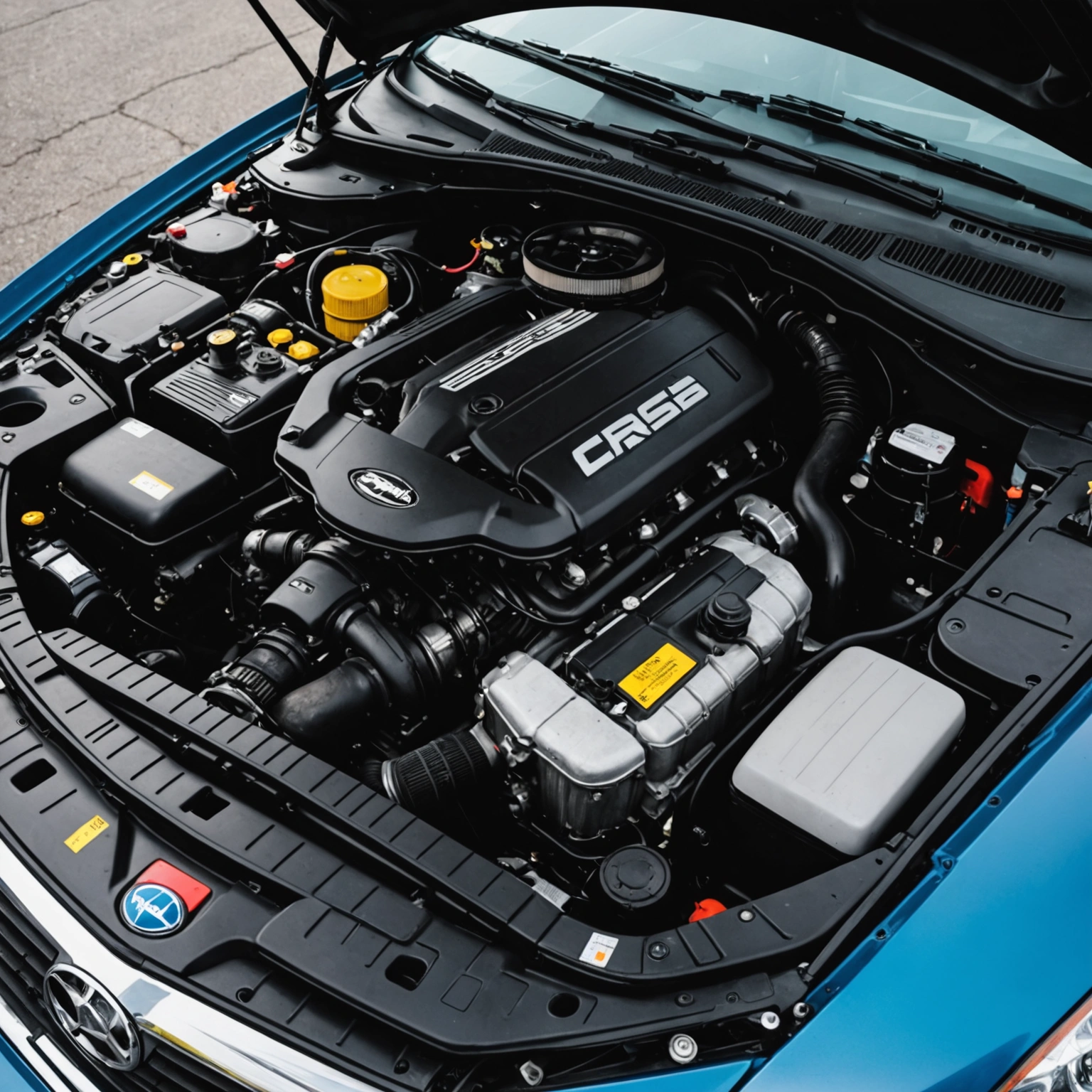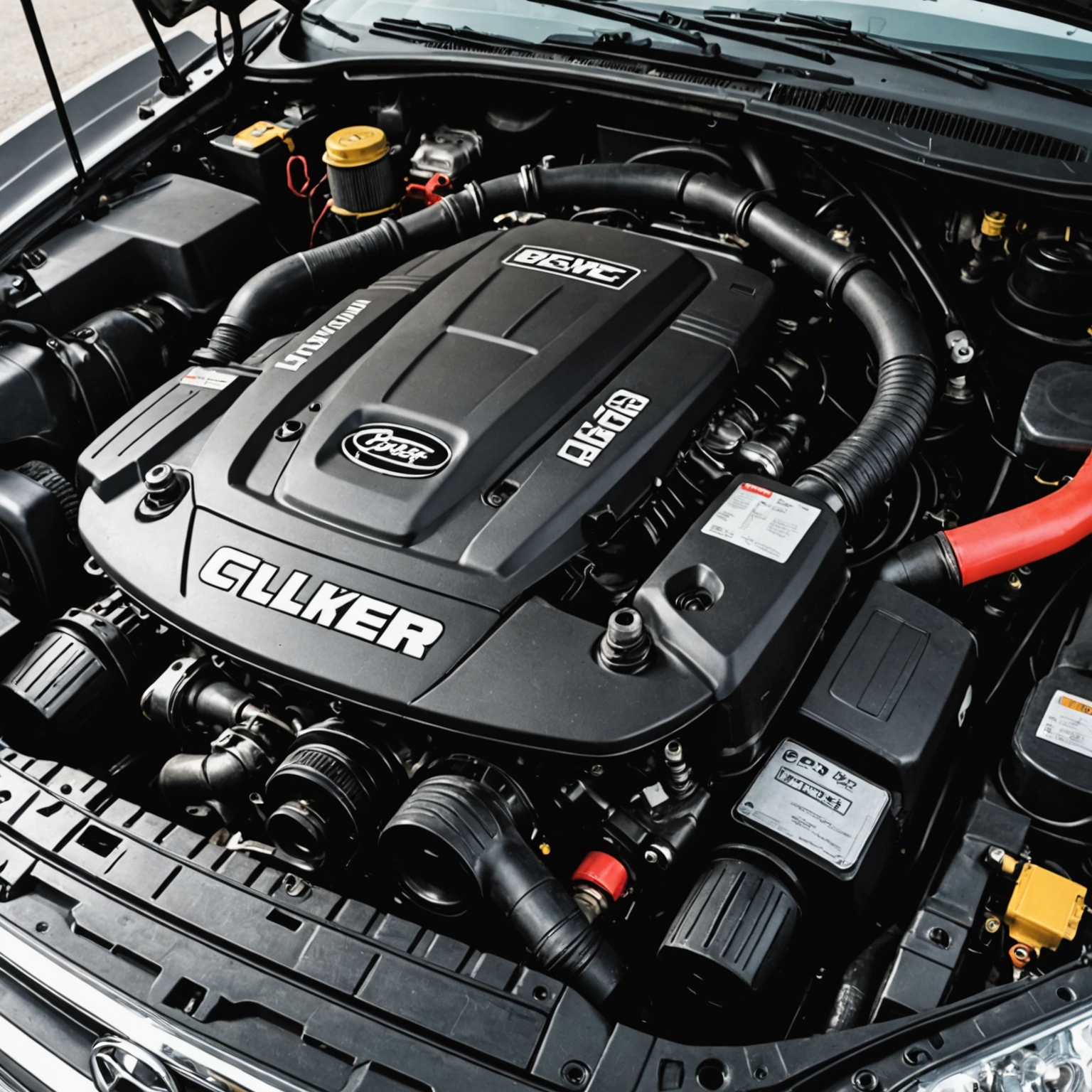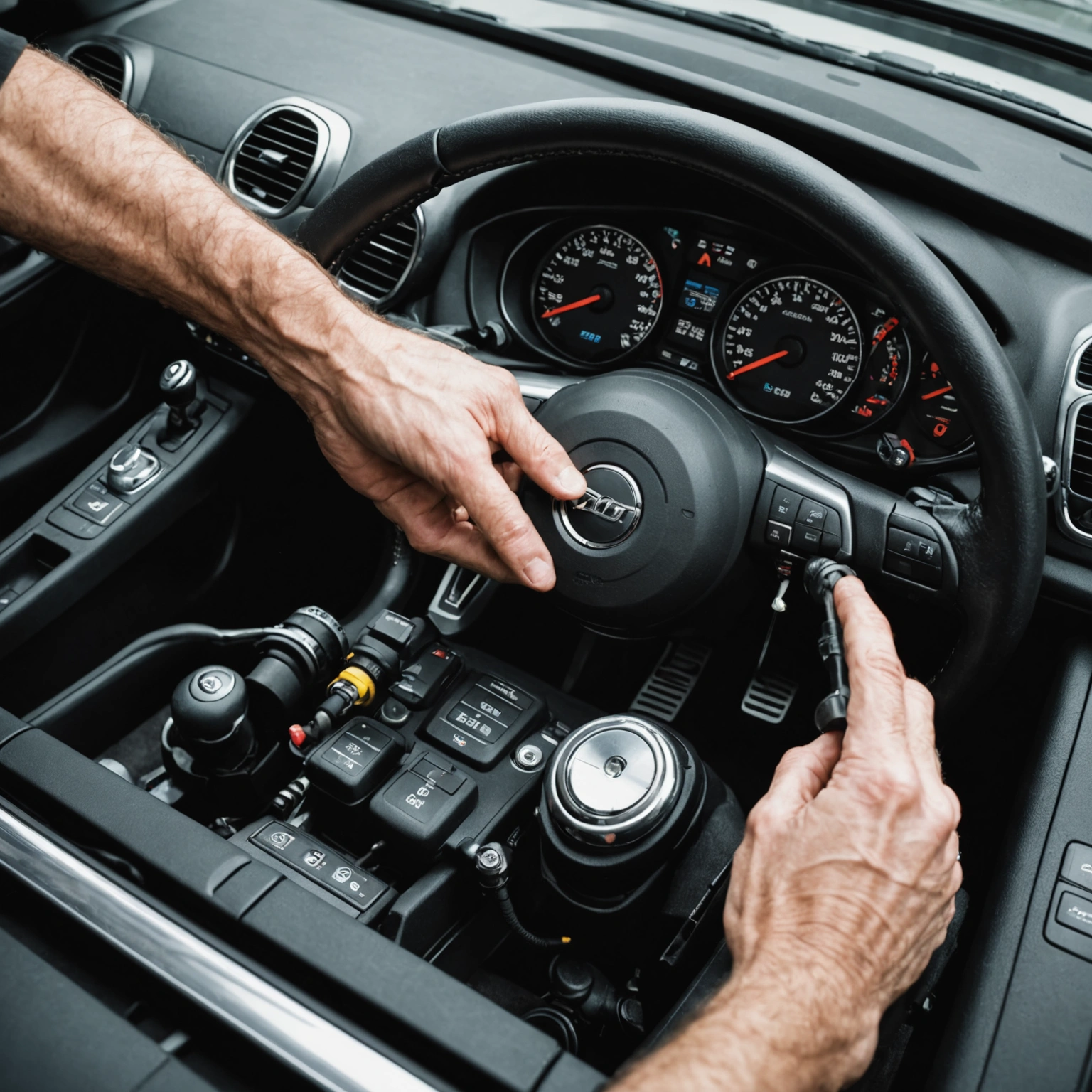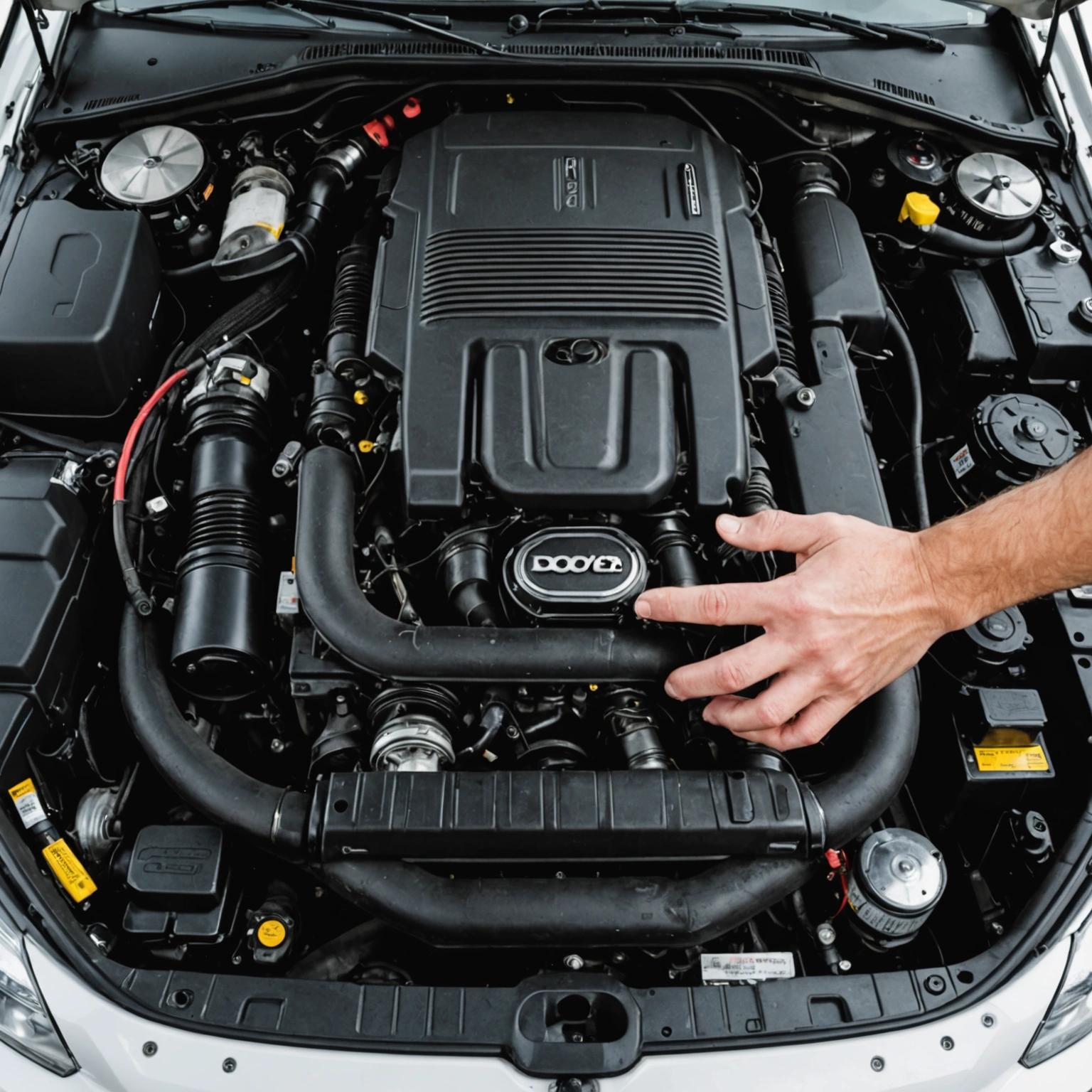**Why Does My Car Make a Clicking Noise? Understanding the Causes and Solutions**
If your car is making a clicking noise, it can be concerning and confusing. Clicking sounds can originate from various parts of your vehicle, and understanding the underlying cause is essential for proper diagnosis and repair. In this post, we’ll explore common reasons why your car might be making a clicking noise and what steps you can take to address the issue.

### Common Causes of Clicking Noises in Cars
#### 1. **Bad or Failing CV Joints**

One of the most frequent culprits of clicking noises, especially when turning, is a worn or damaged Constant Velocity (CV) joint. CV joints are part of the drive shaft that transfers power from the transmission to the wheels. When they begin to fail, they often produce a loud clicking or popping sound during turns.
*Signs:* Clicking sounds during sharp turns, especially at low speeds; possible vibrations.

*Solution:* Replace the faulty CV joint or axle shaft. This is a common repair that your mechanic can handle.
#### 2. **Loose or Damaged Wheel Lugs**

If your wheel lugs (nuts) are loose or cross-threaded, they can cause a clicking or ticking noise as the wheel moves.
*Signs:* Noise increases with speed; wheel wobbling or vibrations.
*Solution:* Ensure all wheel lugs are properly tightened to the manufacturer’s specifications.
#### 3. **Brake Issues**
Worn or warped brake components, like pads or rotors, can sometimes produce clicking noises when braking or even during normal driving.
*Signs:* Clicking when applying brakes; grinding or squealing may also occur.
*Solution:* Have your brake system inspected and replaced if necessary.
#### 4. **Engine or Exhaust Components**
Loose or damaged engine parts, such as heat shields, belts, or pulleys, can rattle or click as the engine runs.
*Signs:* Clicking noise that varies with engine RPM; noise may change with engine load.
*Solution:* Inspection and tightening or replacing loose parts.
#### 5. **Suspension and Steering Components**
Worn or damaged suspension parts like ball joints, tie rods, or struts can produce clicking sounds, especially when turning over bumps.
*Signs:* Clicking during turns or over rough terrain; vehicle handling issues.
*Solution:* Suspension components should be inspected and repaired or replaced as needed.
### When to See a Mechanic
If you’re experiencing persistent clicking noises, especially when turning or braking, it’s best to have a professional inspection. Ignoring the issue can lead to further damage, costly repairs, or compromised safety.
### Preventative Tips
– Regularly check and maintain your tire pressure and wheel lug nut torque.
– Schedule routine inspections to catch worn suspension or CV joints early.
– Listen to your vehicle and address noises promptly rather than ignoring them.
### Conclusion
A clicking noise from your car can stem from various issues, from simple loose parts to more serious drivetrain components. Understanding the common causes helps you identify potential problems early and seek appropriate repairs. If you’re unsure, consulting a trusted mechanic ensures your vehicle remains safe and reliable on the road.
**Stay alert to your vehicle’s sounds and maintain regular service — it keeps you moving smoothly!**

